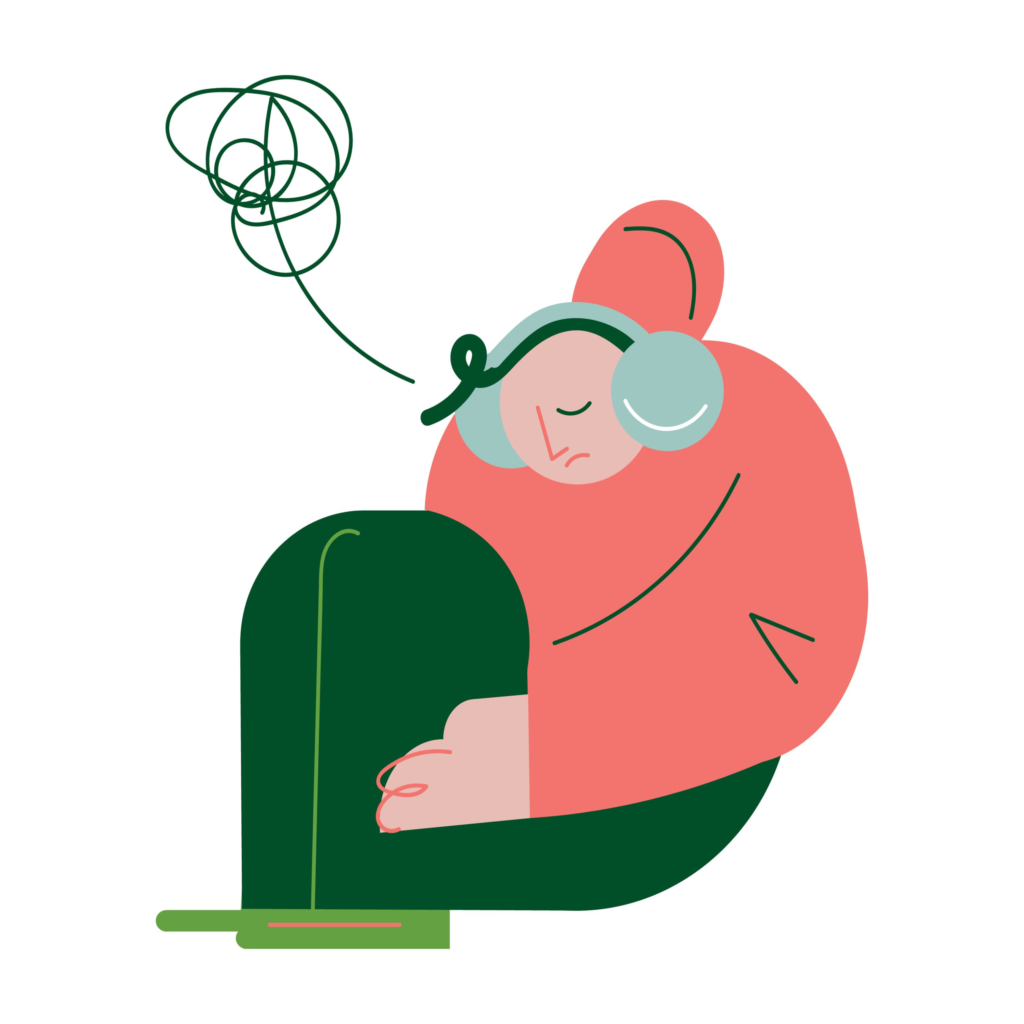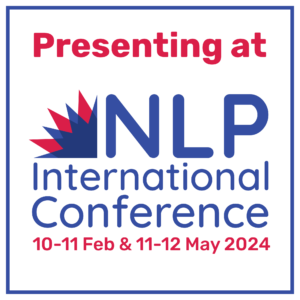Why Your Inner-Voice Is Not as Helpful as You May Think
In this video, I cover principles of how our thoughts can be expressed as an inner-voice and some reasons why that inner-voice may not always be helpful to us.
I also discuss the intriguing quote, “The child is father of the man” by William Wordsworth (another way of putting this is our inner parental voice was created in our childhood).
I personally believe that we all experience an ‘Inner-Voice’ that tries to ‘force’ us to believe we ‘should’ or ‘can’t’ do certain things and also to react against these commands. This inner-voice is not always helpful to us, yes, it can be a powerfully motivating force, but it’s good to notice where these voices really come from and how realistic are their demands.
In this blog, I will building on these ideas from Transactional Analysis and blend a mix of other ideas from ancient Greek philosophy, meditation and NLP that I reworked from an earlier piece written during the second lockdown in the UK.
Being Scolded by an Inner-Voice
Having a healthy routine around exercise, meditation, education, or self-care and staying connected to people requires discipline, which, when done in the right way, can make life far better.
However, if we are falling behind on many of these activities (and feeling shame about doing so) is an inner-voice scolding us really the way forward? Do we feel caught between two extremes between indulgence or rigid self-discipline – comfort eat in front of the telly or do endless press-ups?
‘Feed’ your inner child
From a Transactional Analysis perspective, this can sound like an inner parent making unrealistic demands which an inner child will rebel against. Remember, the inner child needs to be kept on board, otherwise it will become sullen and refuse to cooperate, leading to the entire system slowing down or even stopping.
My advice is to ‘feed’ your inner child and accept it exists. Deliberately doing fun things and allowing yourself restrained treats is important – also allow yourself to mess up and overdo it from time to time without beating yourself up about it.
If your inner parent is lambasting you for this behaviour, allow your inner adult to take charge and find balance. Eric Berne, the founder of Transactional Analysis said that ‘Depression is the breakdown of communication between the parent and the child.’ That is why it is essential that the adult mediates any potential inner-war that can take place during times of change or high stress.
This also means that it is natural and normal for the inner-child to have feelings and express them.
Accepting ‘difficult’ feelings
Allowing yourself to accept difficult feelings is also a powerful tip; so often it is the fear of experiencing these feelings that can lead to even worse feelings of panic and desperation. This is where meditation can be so useful – by focusing on how you feel right now, without trying to change those feelings (but without intentionally magnifying them), the feelings actually begin to settle. It is as if you are ‘listening’ and acknowledging the feelings of your inner child – so often pain is caused by denying the feelings or trying to push them away (we have a free mediation app to help with this – click here to try it out for yourself).
The famous Stoic, Epictetus said, ‘Focusing on things you have no control over is futile and a waste of energy’. This links into the parent idea of control and the adult idea of influence. If you focus on things you can influence (generally things you can do yourself, rather than the behaviour of other people) then you will find a way to consistently feel better. Using your adult to consistently do daily practices which are positive for your well-being is something you can influence. At the same time, be kind to yourself and enjoy some well-deserved treats or fun.
Learn to be at peace during challenging times
It is unrealistic to expect to be happy all the time (sometime referred to as Toxic Positivity) – that is not what I am advocating. However, by adjusting our attitudes and expectations we can at least learn to be at relative peace during challenging times: we can learn to be at peace with not being at peace.
The greatest gift we can give ourselves during periods of change or stress is doing what is necessary to maintain a relatively balanced state for much of our day-to-day life. We can also implicitly teach those we care for to do similar, as they are likely to be influenced by our own behaviour.
Did you enjoy reading this blog?
Then check out our events and courses! Early Booking Discounts!
Sign up to our e-learning! Summer Sale!
Where to find us
For posts, events, free open days and more, sign up to our newsletter
follow NLP School on:
Where to find Robbie
Twitter: @RSteinhouse
LinkedIn: Robbie Steinhouse
What to read next
Psychological Games and Why People Play Them










